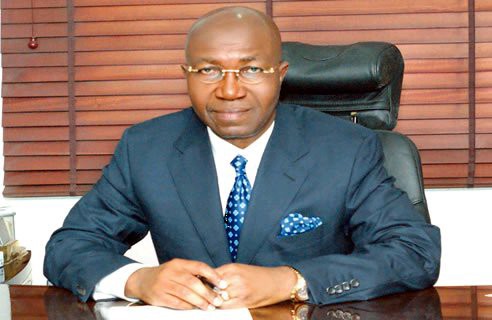According to a report by Punch Newspaper, a Legal luminary Wole Olanipekun (SAN) has argued that Nigeria’s longstanding ethnic tensions will continue unabated until the current 1999 Constitution is discarded and replaced by a genuinely homegrown, people-driven charter. Speaking on the theme of national restructuring at a high-profile forum on Tuesday, Olanipekun emphasized that the existing framework fails to guarantee true equity among the country’s diverse ethnic groups. He maintained that as long as certain regions feel disenfranchised by constitutional provisions, agitations and grievances will remain an enduring feature of Nigeria’s political landscape.
The legal heavyweight set the tone for the gathering by tracing the origins of the present constitution to post-military rule compromises, which he described as hastily assembled and ill-suited to the nation’s complex realities. According to Olanipekun, the 1999 document reflects a top-down approach that prioritizes the interests of political elites over those of ordinary citizens. He insisted that a bottom-up process, involving extensive consultations at the grassroots level, is essential to crafting a constitution that commands widespread legitimacy and effectively addresses regional disparities.
Central to Olanipekun’s argument was the notion of equity in political representation. He noted that the constitution must be reimagined to ensure that no single ethnic group feels disproportionately empowered in the race for the presidency. Drawing on historical instances of perceived marginalization, he argued that the realignment of power-sharing mechanisms would go a long way toward reducing the sense of exclusion felt by some communities. For Olanipekun, genuine federalism – one that devolves fiscal and administrative authority to the states – represents the most viable pathway to an inclusive polity.
In unpacking the deficiencies of the current arrangement, Olanipekun highlighted the absence of enforceable measures to curb the concentration of resources in the hands of the federal centre. He pointed out that the prevailing structure has bred competition among regions for access to federal appointments and budgetary allocations, often leading to acrimony and distrust. By contrast, a people-driven constitution would embed clear fiscal federalism principles, thereby empowering states to utilize their natural and human resources for local development without undue interference.
Reflecting on recent political developments, the senior counsel pointed to the widespread outcry from the Yoruba-speaking areas during the previous administration, which many residents perceived as exclusionary. He suggested that such episodes are symptomatic of the deeper constitutional flaws that allow any sitting government to appear regionally biased. Olanipekun argued that only a reconstituted charter, one born from genuine dialogue among Nigerians of all backgrounds, can forestall these recurrent disputes.
Olanipekun urged stakeholders across the political spectrum – from elected officials to civil society groups – to support a comprehensive review process. He outlined a roadmap that begins with public enlightenment campaigns, followed by state-level conferences, and culminating in a national convention to ratify the new document. While acknowledging the daunting nature of such an undertaking, he reminded his audience that the promise of lasting peace and the full realization of Nigeria’s potential hinge on the courage to overhaul an outdated constitution.
He said, When Buhari took over, did we, Yoruba, not cry from the rooftops about being sidelined?
Love Reading Authentic News Stories, Click The Button Below

